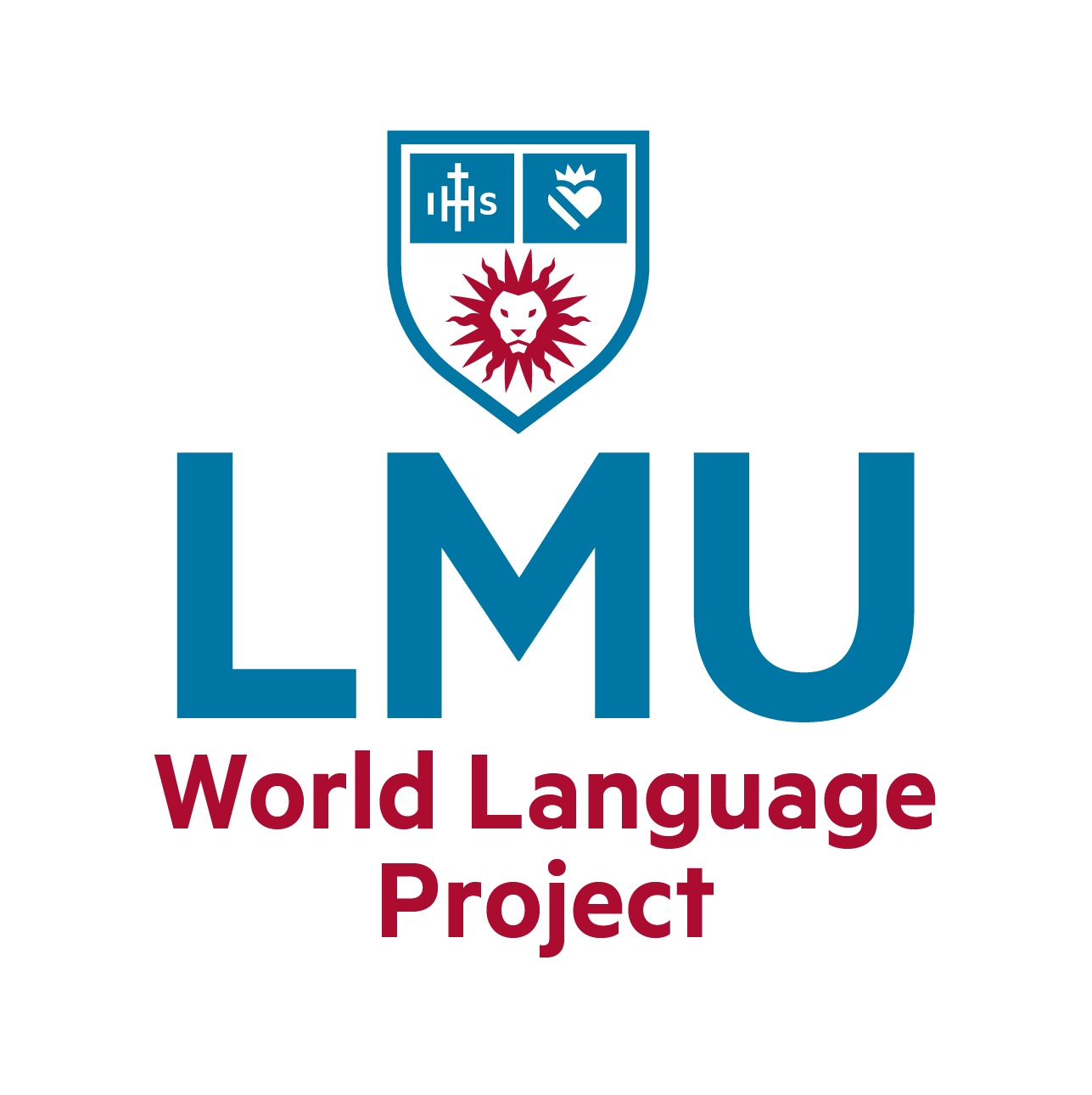Coaching Tools and MindfulNess Practices for Work and Life
Educators, who are licensed to work with children, youth and their families can learn coaching tools and mindfulness practices to improve the wellbeing of individuals and groups, enhance learning and working conditions, and improve personal lives.
Coaching Tools and Mindfulness Practices for Work and Life
Instructors: Brandon Zaslow, PCC, C.Ht.
Saturdays, 1 – 3:30 P.M.
Dates: January 21, 28, February 4, 11, 18, 25, March 4, 11, 18, 2023
22.5 hours of synchronous and 7.5 hours of asynchronous instruction, 3 CEUs may be earned from Stanford University for an $115 application fee.
Fee $450; credit card payment or purchase order must be received prior to the start of the program
Required Texts
Brief Course Description
Participants will learn the International Coaching Federation (ICF) Model for professional coaching: (1) Meeting Ethical Guidelines and Professional Standards, (2) Creating the Coaching Agreement, (3) Establishing Trust and Intimacy, (4) Coaching Presence, (5) Active Listening, (6) Powerful Questioning, (7) Direct Communication, (8) Evoking Awareness, (9) Designing Actions, (10) Planning and Goal Setting, and (11) Managing Progress and Accountability. A guided, focused mindfulness (GFM) model will be used to enhance participant wellbeing, facilitate relaxation, reduce stress and negative thinking, and envision and bring about positive outcomes.
International Coaching Federation (ICF) Competencies,
Meditation Mindfulness and Self-Hypnosis
About the Seminar Leader
Brandon Zaslow, a leader in the field of World Language and Culture Education for over thirty years, has been developing his capacity in the fields of personal and organizational coaching and in hypnotherapy since January of 2018. Currently a Professional Certified Coach and Certified Hypnotherapist, Brandon dedicates much of his time to developing resources that may be used to enhance the wellbeing of educators and those that they serve. Although certified professional coaches and hypnotherapists spend about eighteen months in each program, followed by international examinations that include demonstrations of competencies in coaching and clinical hypnotherapy, and subsequently 500 hours of personal and organizational coaching and 200 hours supervised hypnotherapy, educators can learn coaching tools and mindfulness practices that are appropriate to the scope of their practice. In these challenging times, these tools are an essential part of the educator’s toolbox. For further information about personal and organizational coaching services and skills training for educators, contact the site at 323.259.2949 or at ocflp@oxy.edu.




